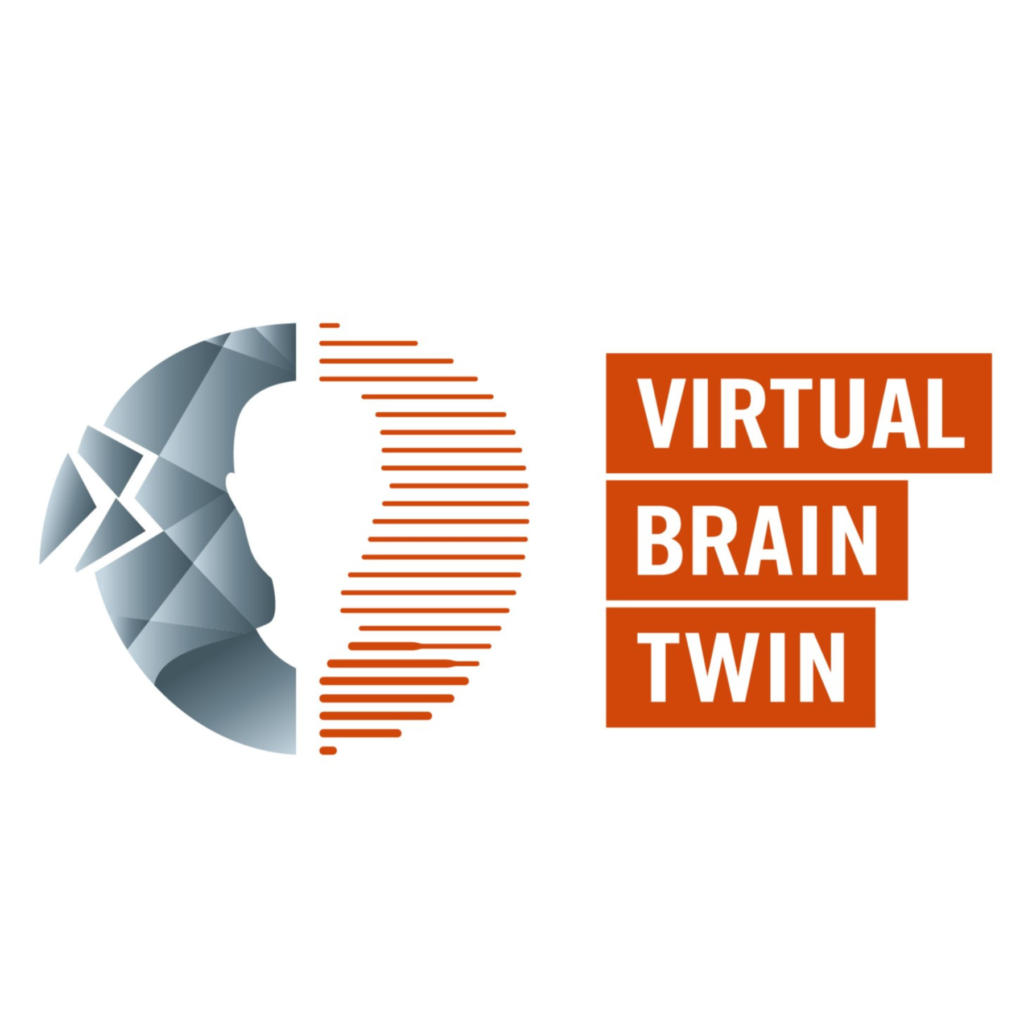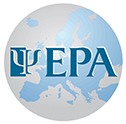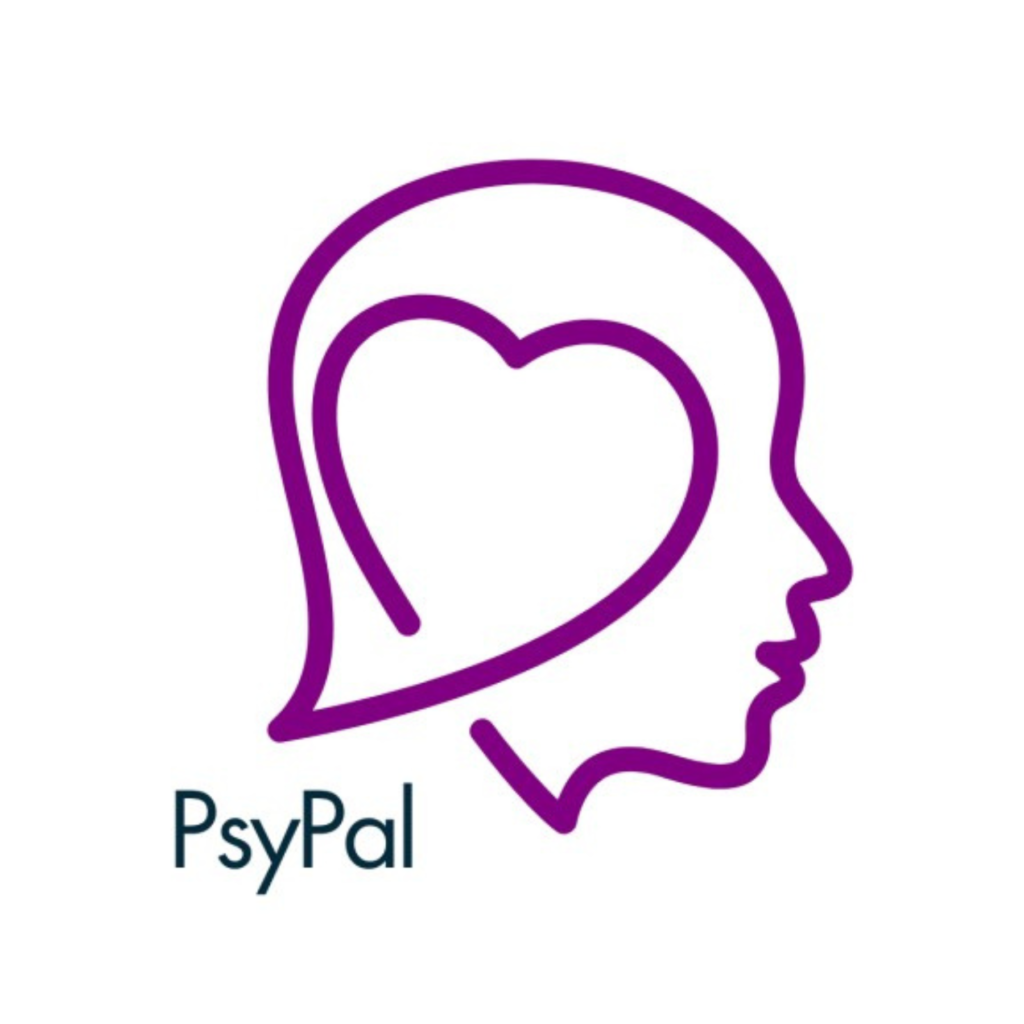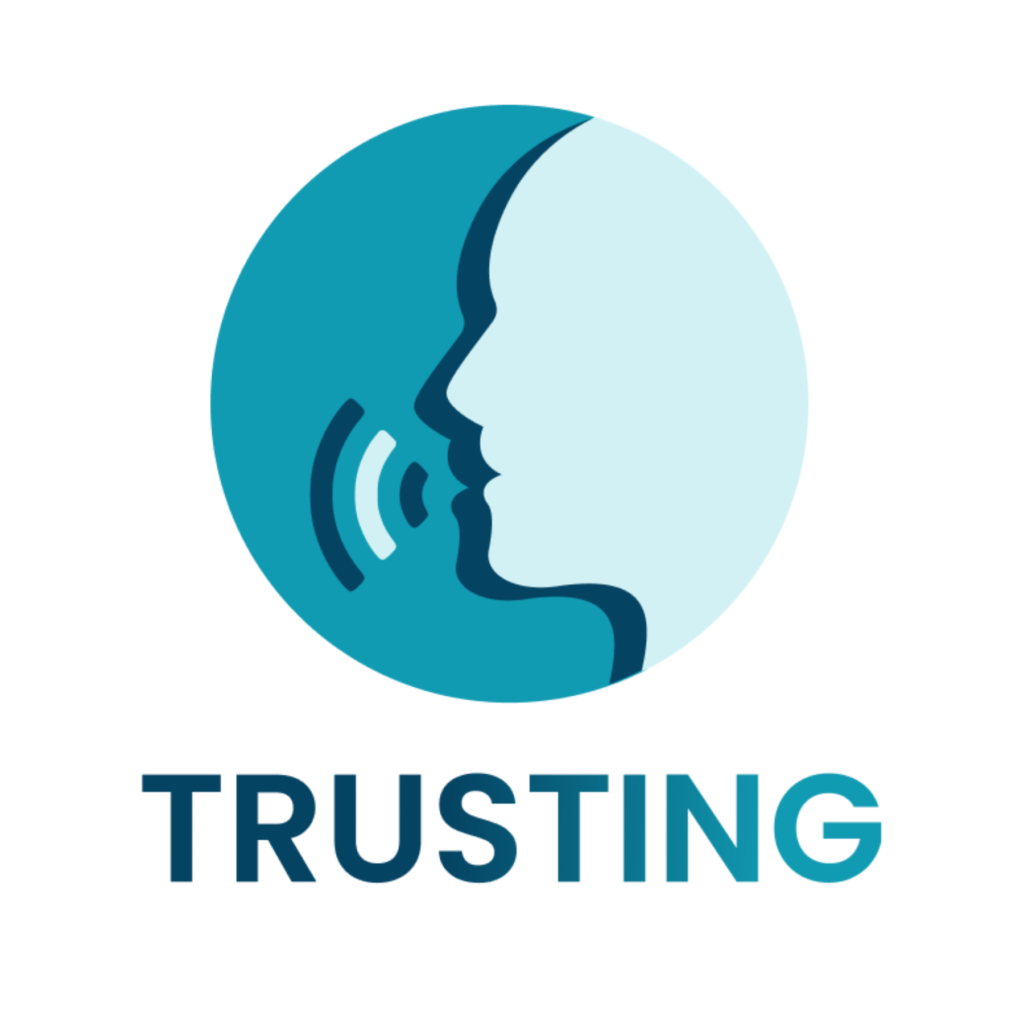EU Projects
For many years now, the EPA has been involved in different projects funded by the EU. For the EPA these projects are an excellent opportunity to collaborate with key stakeholders, share our knowledge and learn from others. With our expertise in many different fields, the EPA is a valuable partner and consortium member and with growing experience the EPA established a network of partnerships in the field of research and (mental) health on EU-level. Find an overview of our partners on the dedicated Partners page.
Current EU-funded Projects:
psypal Project (2024 – 2027)
The PsyPal project aims to study psilocybin to treat psychological distress in people with progressive incurable illnesses requiring palliative care.
The randomised controlled trial (RCT) PsyPal, coordinated by the University Medical Centre Groningen in the Netherlands, and in collaboration with HumanKindLabs, marks the first-ever European grant to fund clinical research into psychedelic-assisted therapy. The trial will investigate whether psilocybin therapy can help ease psychological and existential distress in patients suffering from one of four different progressive diseases: the lung condition chronic obstructive pulmonary disorder (COPD), multiple sclerosis (MS), amyotrophic lateral sclerosis (ALS, also known as MND), and atypical Parkinson’s disease (APD).
Commencing in early 2024, the PsyPal study will launch with the aim of treating over one hundred patients across four distinct clinical sites where each focuses on a specific condition: COPD at the University Medical Centre Groningen (UMCG) in the Netherlands, APD at the Champalimaud Foundation in Portugal, MS at the National Institute of Mental Health in the Czech Republic, and ALS, jointly at the University of Copenhagen and the Bispebjerg Hospital in Denmark. The EPA participates in the PsyPal project as a dissemination and communication partner.
Read the PsyPal press release to learn more about the project.
TRUSTING PROJECT (2023 – 2028)
The TRUSTING project is aimed at developing a user-friendly, trustworthy AI application that can be used from home to deliver a message when speech deviations predictive of psychotic relapse are detected. The objectives of the project are:
- To create an accurate speech predictor for relapse in psychosis that is validated across languages, speech tasks and subgroups;
- To build a trustworthy speech-based AI monitoring tool for relapse prediction and test its efficacy in a randomized controlled trial;
- To evaluate cost-effectiveness of the AI monitoring tool and define a protection and commercialization roadmap.
Funded under the Horizon Europe Programme, the TRUSTING Project is coordinated by the University Medical Center Groningen with universities and organisations from all over Europe. The EPA participates in the TRUSTING project as a communication and dissemination partner.
Learn more about the project by visiting the TRUSTING website and by following its X Account.
VIRTUAL BRAIN TWIN PROJECT (2024 – 2028)
The “Virtual Brain Twin for Personalised Treatment of Psychiatric Disorders” project, initiated on 1 January 2024 and coordinated by EBRAINS AISBL, introduces an innovative approach to psychiatric care. It aims to generate virtual brain twins for psychiatric patients, through an ecosystem that utilises neuronal microcircuit simulation, mathematical analysis, innovative AI tools, and insights from psychiatric care and clinical studies. Funded by a 10 million Euro grant from the European Commission under the Horizon Health Europe Calls 2023 initiative, this open access and open-source four-year project plans to stand at the forefront of personalised medicine in psychiatry.
The goal of the Virtual Brain Twin platform is to guide clinicians in optimising medication type and dosage, and exploring alternative treatments like brain stimulation and lifestyle changes.
The EPA participates in the Virtual Brain Twin project as dissemination and communication partner.
Read the Virtual Brain Twin press release to learn more about the project.





